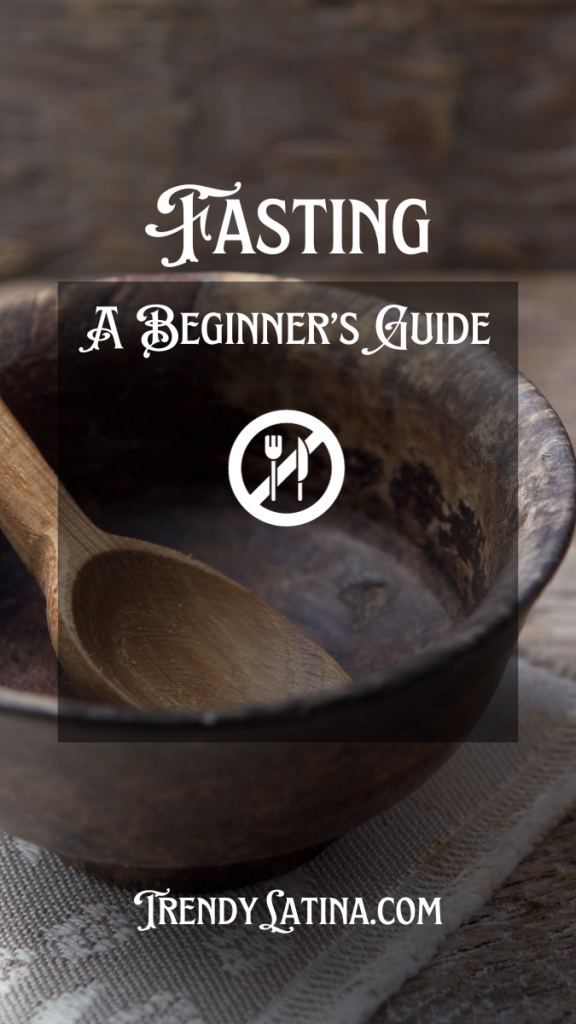
Fasting is a practice that has been around for centuries and is often associated with religious or spiritual rituals. For me it is about giving my body time to reset. Today I’m sharing Fasting: A Beginner’s Guide to help you understand it and choose if it’s right for you.
Fasting: A Beginner’s Guide
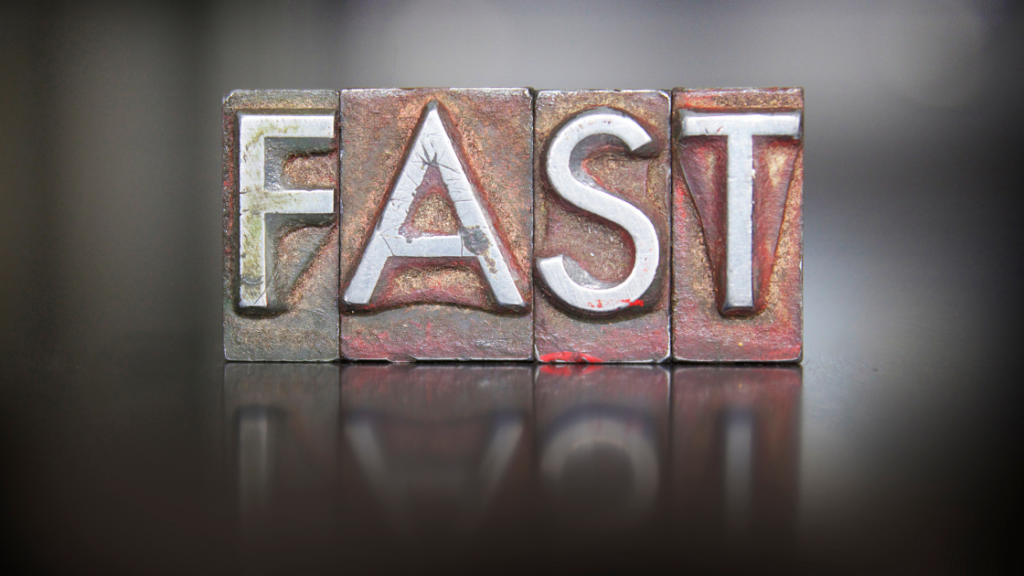
Many people choose to fast for health and wellness reasons. If you are considering trying fasting for the first time, it’s important to understand the potential benefits and risks, as well as how to do it safely and effectively.
One of the most common reasons people choose to fast is for weight loss. While fasting can lead to short-term weight loss, it’s important to approach it with caution and not rely on it as a long-term solution.
Fasting can also have other potential health benefits, such as improved insulin sensitivity, reduced inflammation, and better digestion. However, it’s important to consult with a healthcare professional before starting a fasting regimen, especially if you have any underlying health conditions.
There are several different types of fasting, including intermittent fasting, water fasting, and juice fasting.
Intermittent Fasting
Intermittent fasting involves cycling between periods of eating and fasting, while water fasting and juice fasting involve consuming only water or juice for a set period of time.
That is what I’ve adopted 3 years ago! I do 16:8. My last meal is between 5- 6:30PM and I will not eat until 16 hours have passed, usually around 11:30 AM.
You can read more about how to get started with intermittent fasting and how I do it and some useful fasting tools HERE.

Each type of fasting has its own benefits and challenges, so it’s important to do your research and choose the method that is best for you.
If you decide to try fasting, it’s important to ease into it gradually and listen to your body. Start by skipping one meal or fasting for a short period of time, and then gradually increase the duration as you become more comfortable with the process.
It’s also important to stay hydrated and nourished during fasting periods, and to break your fast with nutrient-dense foods to avoid any negative side effects.
In conclusion, fasting can be a powerful tool for improving health and wellness when done safely and responsibly. However, it’s not suitable for everyone, and it’s important to consult with a healthcare professional before starting a fasting regimen.
By approaching fasting with caution and mindfulness, you can reap the potential benefits and minimize the risks.
Not ready to start fasting? Save for later:
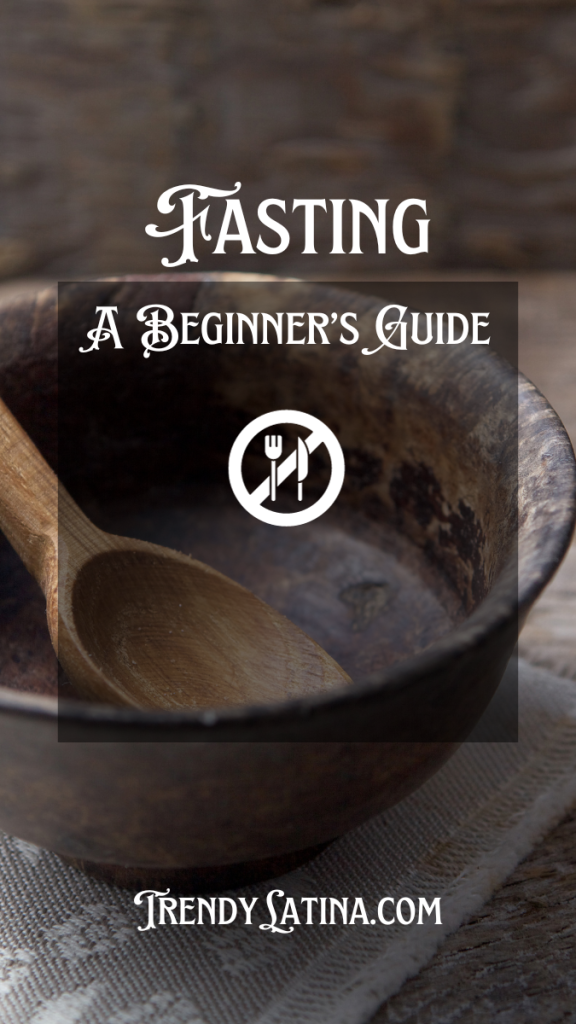
I can’t wait to hear what you think about Fasting: A Beginner’s Guide.
As usual, give us a Trendy Shout!



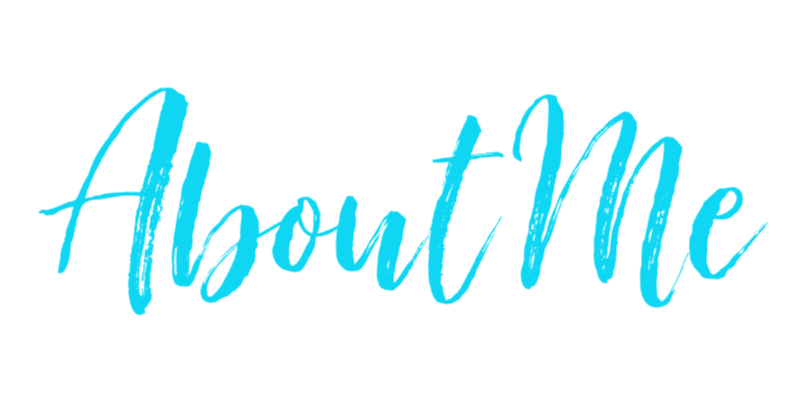
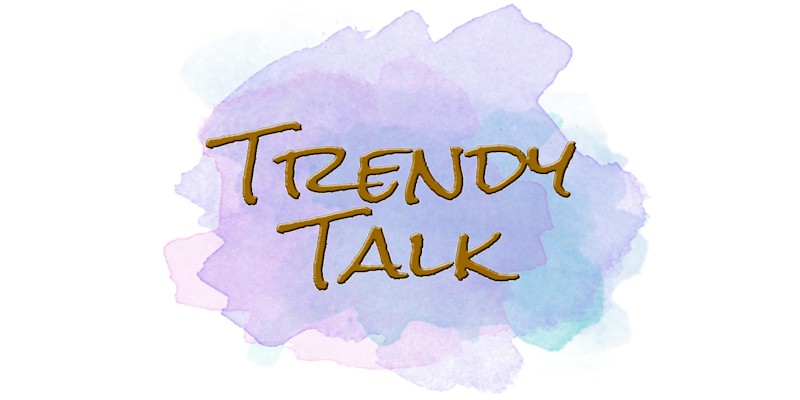
I love love love fasting and have been IF for years…I am also hooked on prolonged fasting and love it.
I hear that lots of people are able to fast and find it beneficial.
I’ve been intermittent fasting now for years. I think it definitely helps to control snacking habits especially. Great guide for those new to it!
Exploring the practice as a means to reset the body is a fascinating journey. Your guide provides valuable insights for those considering this age-old practice. Looking forward to learning more about the potential benefits and navigating the world of fasting!
Your emphasis on starting slow, staying hydrated, and nourishing the body is great advice for anyone considering this journey.
I’ve heard a lot of good things about how helpful it can be to do this. Thanks for all the additional information.
I’ve wanted to try fasting for some time now for the cleansing benefits. This intermittent fasting looks like something I should do soon!
I tried fasting a few years ago and actually picked up weight. It does, however, work really well for my husband.
I have discovered that Intermittent Fasting works well for me. I just need to remember to stay hydrated and nourished. Thank you for the great read.